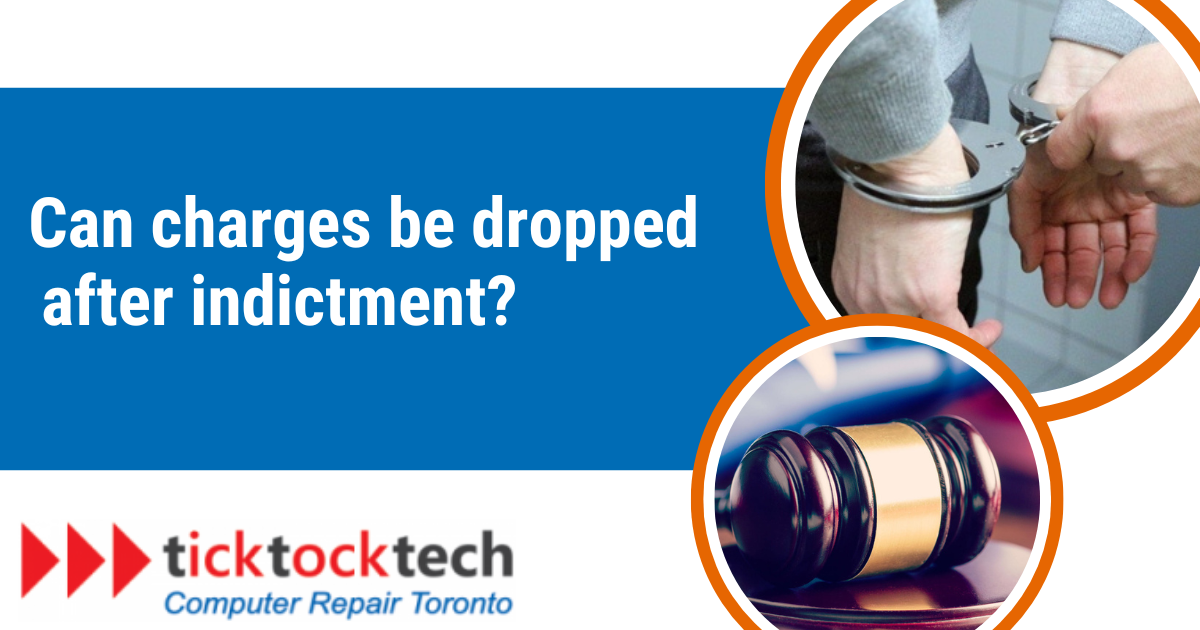When you are already in a legal crisis, it is always scary to receive a criminal charge. Sometimes the prosecutor might talk about indicting. And now you are asking yourself whether you could escape indictment charges.
Understanding the Indictment Process
Before we start talking about dropping charges after an indictment, let’s understand what an indictment process is. An indictment is a formal charge or accusation of a serious crime or offense. This is typically made by a grand jury based on the evidence presented to it by the prosecutor.
After an indictment has been handed down, it shows that the grand jury has enough evidence to start a trial. This is a critical juncture in legal matters This also indicates that the case might have to go to court unless something else happens.
Related: Free Ways to Find Property Deeds and Records Online
The Role of Prosecutors in Indictment
Criminal cases are overseen by prosecutors. They can press charges, negotiate plea deals as well, and dismiss them where necessary. Prosecutors can still decide to dismiss charges after indictment, but it is not as straightforward as that.
Factors That Could Lead to Charges Being Dropped
We will now examine some of the reasons that could make the indictments’ charges be dropped before trial. There are numerous potential scenarios in which this could happen. Some of these are:
1. Insufficient evidence: If new evidence comes to light, the prosecution may choose to drop the charges. Similarly, if the prosecution realizes they don’t have enough evidence to secure a conviction, they may also opt to drop the charges.
2. Witness issues: There are instances when key witnesses can withdraw their testimonies or resist cooperation. This jeopardizes the case against the offender.
3. Legal errors: Mistakes happen in law enforcement or procedural missteps in grand jury hearings. These might be the reasons used to drop indictment charges.
4. Prejudicial conduct: The charges might be dropped if the prosecution engaged in prejudicial conduct. They might also be dropped if the prosecution fails to provide exculpatory evidence.
The Prosecutor’s Discretion
Prosecutors make a lot of decisions in the criminal justice system. They consider many factors the strength of the evidence, the crime’s severity, the defendant’s criminal history, and public opinion. These factors are considered before deciding whether to proceed with a case or drop the charges.
The Importance of Legal Representation
With the hope to have charges dropped after indictment, people need to be represented legally. In case of any negotiations with the prosecution, an attorney can scrutinize proof, detect flaws in the legal action, and speak for you.
See Also: Cyber Threats and IT Support: Protecting Your Business from Attacks
Conclusion
Is it possible to drop charges after the indictment? This question has no definite answer as it varies from one case to another. The dropping of charges depends on the discretion of the prosecutor and the circumstances surrounding the case. Thus if you ever get into such a predicament then seeking advice from an experienced attorney would be your safest bet in this situation. Always bear in mind that law is complicated and when you have great assistance you can easily go through it.
Frequently Asked Questions
Yes, prosecutors may drop charges if they have insufficient evidence to proceed with a case.
Yes, but legal grounds are necessary for a judge to dismiss charges after indictment. For example when there is prosecutorial misconduct or insufficient evidence.
Yes, although you cannot directly solicit for charges to be dropped. Your lawyer can engage with the prosecutor to see if you can be discharged.
You won’t stand trial for the alleged offense anymore if charges are dropped after indictment.
Charges can be refiled in some cases after being dropped post-indictment if new evidence emerges. However, double jeopardy protections may apply in certain situations.

